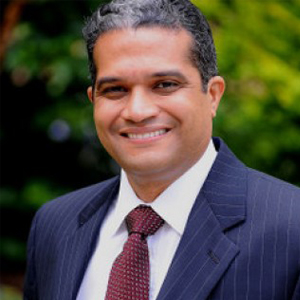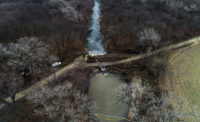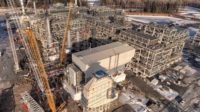
Even with strong support on campus and off in three years as dean of the Columbia University Fu Foundation School of Engineering and Applied Science, Feniosky Peña-Mora could not survive faculty dismay with his administration.
The New York City-based university announced his resignation July 3 in an email to students and staff, and said faculty veteran Donald Goldfarb would become interim dean while a search for a permanent successor begins. He had been named several months ago to a new post as executive vice dean. Peña-Mora says he is set to stay on as a tenured engineering professor.
The new dean had become popular with students, alumni and the school's outside community for raising the school’s rankings, profile and millions in donations since being recruited to campus in 2009 from a role as associate provost at the University of Illinois, Urbana-Champaign.
But faculty raised a raft of issues, ranging from his handling of the school’s space crunch to use of teaching assistants to his “managerial style.”
“Criticism of a leader bringing about the change can be expected, particularly, I suppose, when the person is an outsider both institutionally and in other ways,” said Peña-Mora in a statement.
Raymond Daddazio, chairman of the school's advisory committee and a three-degree alumnus, was “a little dismayed” that the faculty leaked to local media last fall an internal letter airing their grievances with Peña-Mora.
The letter stated that the "most serious hindrance to real communication and collaboration between faculty and the dean is a deeply-rooted lack of trust."
But said Pena-Mora in his statement, “when certain senior faculty then saw fit to press their own interests through personal attacks on me, I was disappointed. They did not, in my view, serve Columbia well.”
Daddazio, also president and CEO of design firm Weidlinger Associates, thought that elevating Goldfarb would quell the tumult. But in May, 98 of the engineering school’s 115 tenured professors had given Peña-Mora a no-confidence vote.
“He was a good dean from the alumni perspective,” says Daddazio. “But the faculty is an important constituency.”





Post a comment to this article
Report Abusive Comment